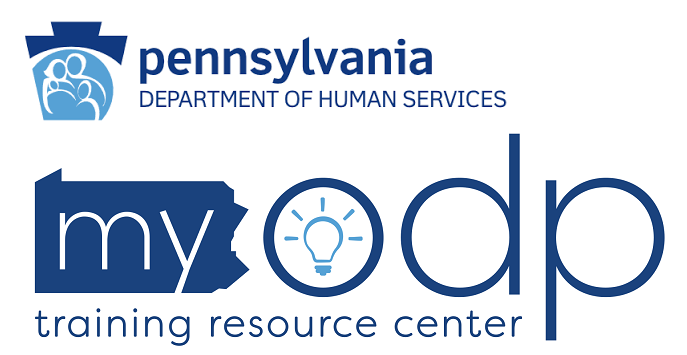Positive Approaches Journal, Volume 9, Issue 4
Positive Approaches Journal | 5

Volume 9 ► Issue 4 ► 2021
Sexuality and Social Connectedness Part 1
Introduction
Human beings are reciprocal. We feed off of the relationships that we build with those around us. When an individual is unable to form healthy relationships or has achieved limited attachment to others, the needs the individual has can change, affecting every aspect of his or her life. In this issue of the Positive Approaches Journal, we bring you the importance of social connectedness and supporting people with disabilities in forming healthy and long-lasting relationships.
Most individuals are taught at a young age to greet those around them based on their relationship with others. They learn who they can interact with, how they can interact with them, and what situations they should work hard to avoid. For example, smiling at the person you pass on the street, not sharing personal information with people you do not know, and knowing it is okay to hug a grandmother whom you may not have seen in a few months. We are taught not to kiss our friends and the importance of proxemics (even if we are not taught that particular word for spatial awareness). By grade school, we acquire an understanding of private and public spaces, we have friends, and perhaps a romantic attachment to a peer. We get our hearts broken and we grieve losses but lean on those around us to get through heartache and loneliness. We share happiness with others who are closest to us.
For individuals with Developmental/Intellectual Disabilities and Autism (ID/A), the typical experiences can easily be tainted, skewed, misunderstood, or non-existent. Education in these areas is limited for children with disabilities, and even when that education is present, the information therein may not be retained or fully understood. Couple these factors with the high rate of abuse, neglect, sexual assault, domestic violence, high prevalence of paid caregivers, and institutionalization in the ID/A population, and developing healthy relationships with those around them becomes almost impossible. Therefore, it is ever important to educate and support the individuals we serve in the areas of healthy relationships and sexuality.
In a time where most feel disconnected from the world around them, it has never been more important to utilize a trauma-informed approach to support individuals in building and maintaining healthy relationships. The articles in this issue aim to support the supporters and inspire new ways to address the needs individuals with Intellectual and Developmental Disabilities and Autism have in these areas. The articles also address the essential components of understanding the effects of institutionalization, sexual assault, and domestic violence on relationship building. The reader will find ways to combat the effects on relationships in the face of necessary community restriction measures put in place as a result of the COVID-19 pandemic. By enhancing our understanding of these areas, we can help to build a community with meaningful and healthy connections and continue to move towards best practice for the individuals we support and serve.
—Shannon Rico, MA, MS, ABD,
Office of Developmental Programs Clinical Director - Central Region




